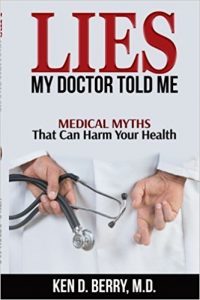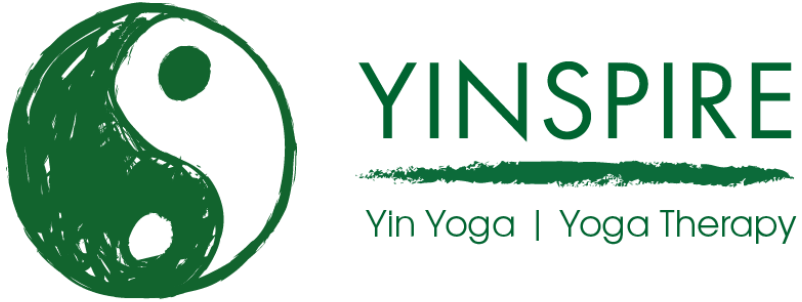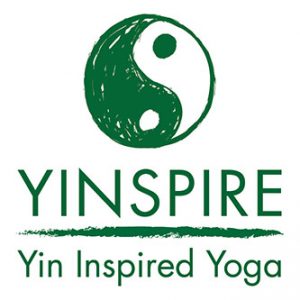 “The Internet has given your patients access to more meaningful medical research and knowledge than ever before. Patients now have more medical research at their fingertips than the best of doctors used to have.”
“The Internet has given your patients access to more meaningful medical research and knowledge than ever before. Patients now have more medical research at their fingertips than the best of doctors used to have.”
Written by a doctor, the title pretty much sums up the content – exposing some of the myths that are perpetrated by both the medical world and wider by the media and populace. The deeper rift is patients baking empowered, asking questions of their doctors, understanding, and being part of their own care.
Of course, failings by Dr Google are well known, and that highlights there are probably two equally erroneous failings; one trusting your doctor completely and uncritically, another not trusting your doctor at all. The author is advocating something in the middle; patients being equipped to challenge their doctors where necessary, matched with doctors who continue to learn, and challenge medical culture where best practice is subsumed in following guidelines. As the author says 200 years ago there were guidelines on treating with leeches and blood-letting.
In the authors mind I’d imagine this book is intended to start both doctors and their patients thinking on common areas where orthodox wisdom is wrong, and inducing some scepticism both sides of the desk. It’s not a book founded in pseudoscience; just the opposite, exposing issues where practice hasn’t kept up with science and understanding.
It’s not a difficult book to read, and its narrative style rather than reference. I found it useful and enlightening in places, although I’m torn between whether on the one hand the author is doing doctors a disservice in suggesting they are often out of date, or on the other hand exposing sloppiness in the doctors surgery. Perhaps the greatest message is caveat emptor applies just as much in the doctors surgery as in the supermarket. That said the book is not about dissing doctors; improving yes, dissing no, and recognises the doctor is a human with strengths and weakness that no medical exam can properly capture or regulate.
On a wider level the theme is appropriate for any of us in the helping professions or in mind body work, to make sure we are not wedded to orthodoxy but instead keep learning, studying and challenging.
A useful book, and one of interest to anyone in a healing or helping environment or users of such.
You can buy the book in google, and if you use this link, Yinspire earns a small commission
(if you are reading this on social media, please click through to Yinspire website for the link)

